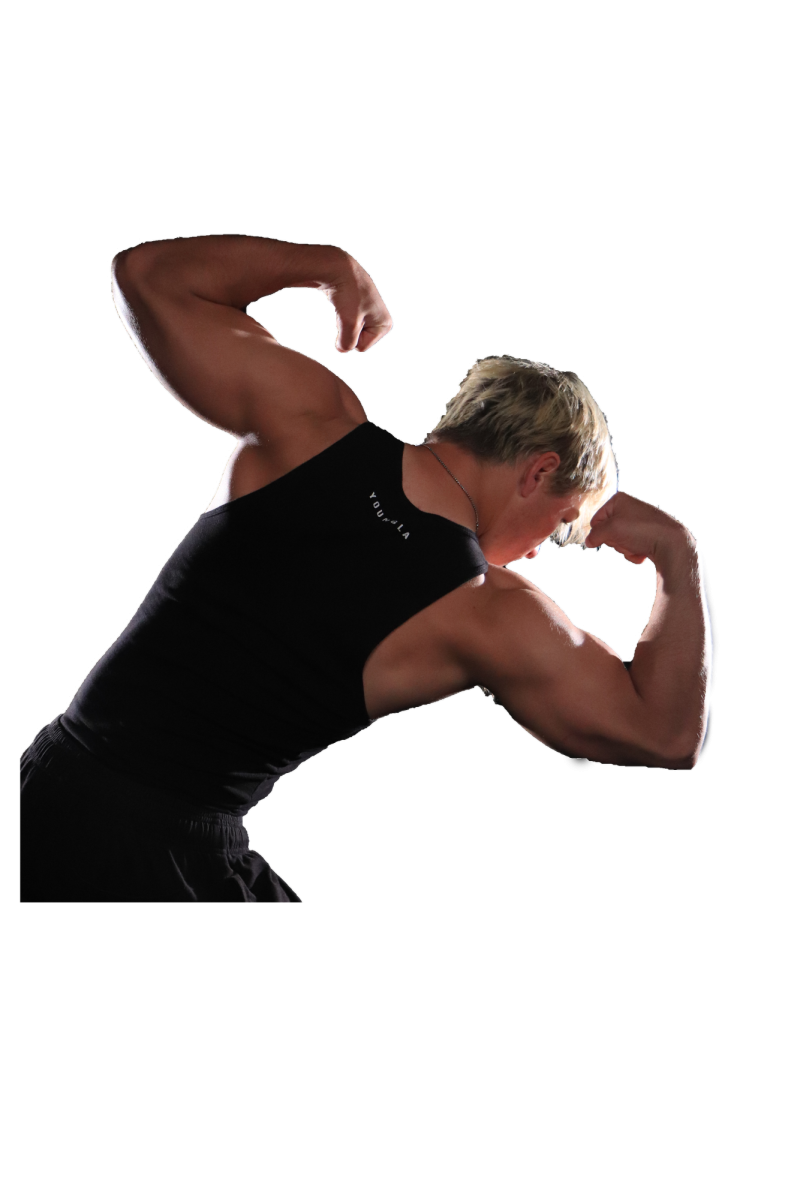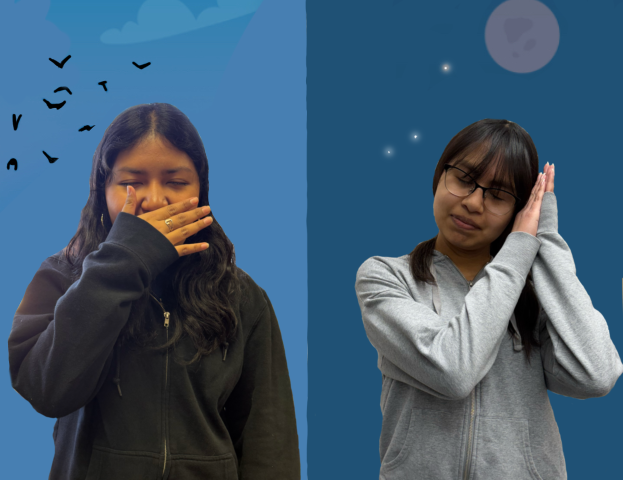The benefits of living a vegetarian lifestyle
The candlelight flickers warmly as I pull my chair out from the long table, and the rain taps sharply on the window pane. As dish after dish emerges from the kitchen and are placed by my grandmother in front of each of my family members, the aroma of stuffed turkey, honey glazed ham, and spicy chicken fill the room. As the beginning of this Thanksgiving commences, the “ooh’s” and “ahh’s” come from seven of the family members. However, I shift my plate closer to me and dig into my alternate Thanksgiving meal- “tofurky”, a tofu based protein imitation of turkey. I am a vegetarian, and choose not to participate in consuming meat at meals.
Instead, I choose an alternate and healthier route.
A vegetarian is someone who doesn’t eat meat or fish, mainly consuming fruit, vegetables, grains, and nuts. Many varieties of vegetarians exist, such as vegan, pescatarian, and semi-vegetarian. Pescatarians are similar to vegetarians, except fish are included in the diet. A semi-vegetarian, also called a flexitarian, limits intake of meat, and normally does not eat red meat. A vegan does not eat any animal byproducts, such as meat, dairy, and sometimes honey. All choices represent an individual sacrificing to feel better, protect animals, or score long term health benefits.
Sophomore Gavin Hughes has lived the vegetarian lifestyle his entire life. Both his parents support and allow him to choose whether to be vegetarian or eat a meat diet. However, he is convinced of the positive impact his vegetarian diet makes environmentally.
“…We’re becoming such consumers of natural resources. We can do our best to conserve what we have and live most efficiently … by changing our diet… and vegetarians are much, much better than your average person at conserving,” Hughes said, whose entire family also is vegetarian.
Hughes swims six days a week for the PRHS Varsity team during the season and with a club team during the off season. Hughes has swam competitively the past six years and finds that vegetarianism doesn’t affect his potential as an athlete.
Various studies since the 20th century debate if a vegetarian diet affects physical performance. The conclusion suggest that “…the vegetarian diet had neither a beneficial nor a detrimental effect on aerobic endurance”, according to the American Journal of Clinical Nutrition.
“The more I learned about what I eat, the more I learned about farm factories and genetically modified foods. I realized how my body felt more active and awake…a wide range of foods that help me run and I honestly feel great when I run with my team everyday,” said junior Maddy Owens, who is on the Varsity Cross Country team.
Through choosing a vegan lifestyle, Owens enjoys the benefits of helping the environment and ending world hunger. She feels that that this lifestyle choice makes a positive change in the world, with not cutting down trees to make factories and grazing land for market animals. The Earth itself benefits from vegetarians. Raising animals for market releases more greenhouse gases then the combination of vehicles around the world, according to the Food and Health Organization of the United Nations.
Reducing the risk of many diseases, a major health benefit of switching to vegetarianism is less risk of heart disease, cancer, and cardiovascular di sease, according to the recent study by the World Health Organization. Another perk of becoming vegetarian is longevity, because the higher intake of vitamins and fiber boost the immune system and can increase the lifespan up to six years.
sease, according to the recent study by the World Health Organization. Another perk of becoming vegetarian is longevity, because the higher intake of vitamins and fiber boost the immune system and can increase the lifespan up to six years.
However, vegetarians must be careful to consume a healthy intake of protein, which is found in mushrooms, mixed nuts, dairy, and more. According to BBC’s Good Food, tofu is also a source of “amino acids, iron, calcium and other micro-nutrients”,. Without enough protein, vegetarians may take a treatment of iron supplements to combat anemia, which is the loss of healthy blood cells. It causes fatigue, based on a lack of consistent intake of iron.
Contrary to popular meaty diet, humans are not physically built for a carnivorous lifestyle. Our hands are built for grabbing fruit, our intestines are long, like omnivores, and our canines are built for crunching veggies instead of steak, according to the Huffington Post. Due to this physical tendency for vegetarianism, it has existed among humans since about 580 BC, but started gaining interest as a lifestyle in the United States around 1971. Many religions, including Buddhism and Hinduism, encourage a vegetarian lifestyle, to “… enshrine compassion to all living creatures,” according to the Vegetarian Society.
There are many reasons why people make the lifestyle switch to vegetarianism; the most predominant is ethical reasons, according to vegetarian.com. Documentaries, such as Food Inc. and Super Size Me, exploit the gruesome behind the scenes workings of large scale meat factories and sparks the conversation about animal rights and vegetarianism.
I made the switch from flexitarian to vegetarian when I was thirteen, but not everyone has to make the switch to vegetarianism; it’s not in the lifestyle choices of the average American. However, I play my part in helping make the world more eco-friendly through reducing my carbon footprint. Living vegetarian, and even adding more veggies and less meat into a diet, can reduce a carbon footprint by half. However, if citizens all work together in similar lifestyles, such as Meatless Mondays or switching to a red meat free diet, citizens can reduce the carbon footprint left behind by humans, and introduce a healthier life for everyone, even the carnivores.







Alex Lossev • May 28, 2020 at 11:09 pm
It’s remarkable for me to have a web site, which is beneficial in favor of my experience.
thanks admin